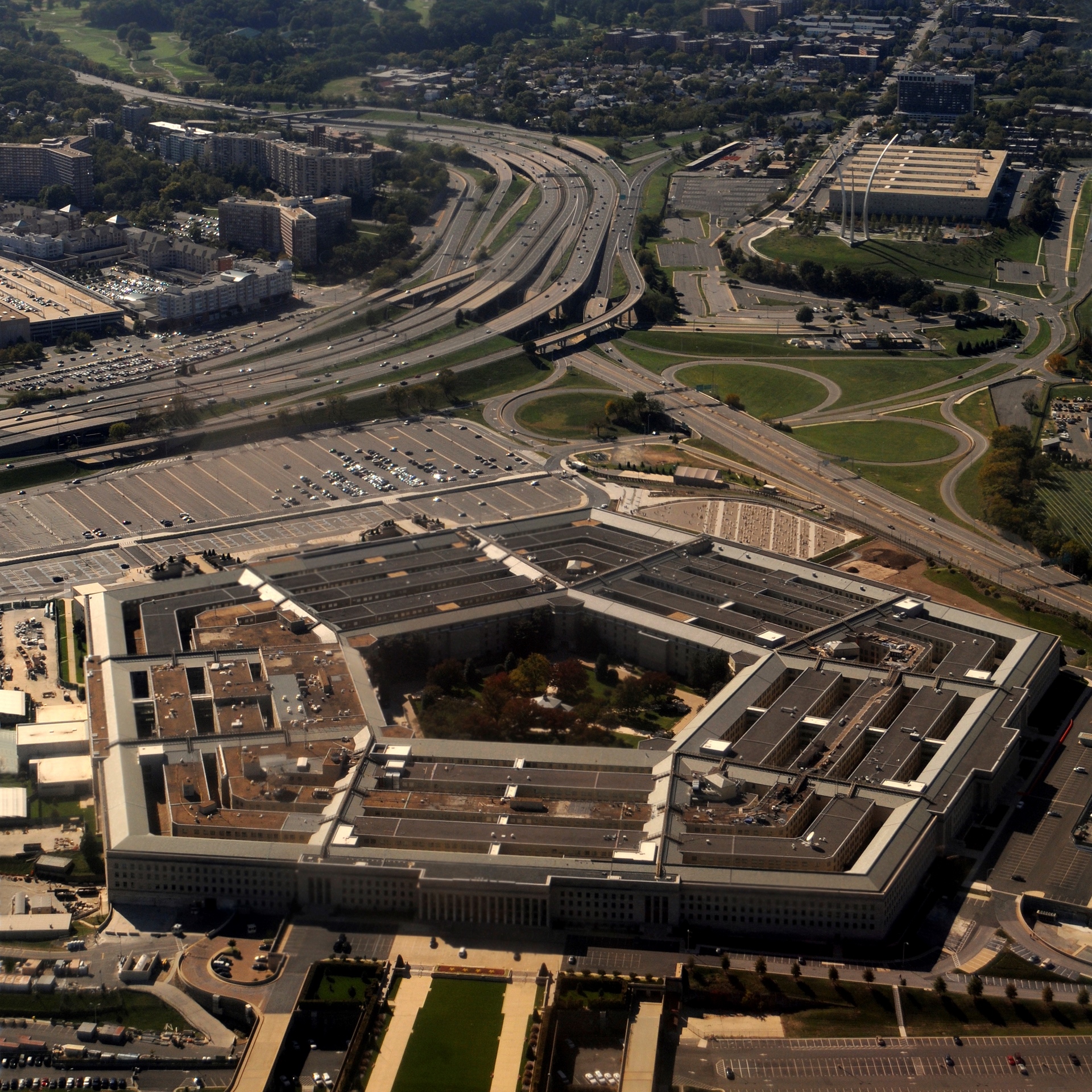Military
Could Lockheed and Boeing Succeed at Wrestling Bomber Contract From Northrop Grumman?

Published:
Last Updated:

When Northrop Grumman Corp. (NYSE: NOC) was announced as the winner of an $80 billion contract to build the next U.S. Air Force bomber, it was virtually guaranteed that the losers would take advantage of the 10-day window to protest the award. Lockheed Martin Corp. (NYSE: LMT) and Boeing Co. (NYSE: BA), the combination that lost the contract, said Friday that they have filed a formal protest with the Air Force.
According to a joint press release Friday morning, Boeing and Lockheed concluded that the process to choose a winner for the new bomber contract “was fundamentally flawed”:
The cost evaluation performed by the government did not properly reward the contractors’ proposals to break the upward-spiraling historical cost curves of defense acquisitions, or properly evaluate the relative or comparative risk of the competitors’ ability to perform, as required by the solicitation. That flawed evaluation led to the selection of Northrop Grumman over the industry-leading team of Boeing and Lockheed Martin, whose proposal offers the government and the warfighter the best possible [Long Range Strike-Bomber] LRS-B at a cost that uniquely defies the prohibitively expensive trends of the nation’s past defense acquisitions.
Both Boeing and Lockheed appear to have developed case of selective amnesia. Boeing’s $50 billion Air Force contract to supply a new refueling tanker has bumped up against schedule delays that threaten the delivery of the first planes due in 2017. And Lockheed’s $100 billion F-35 fighter plane has a checkered history of cost overruns and schedule delays.
ALSO READ: The 10 Most Profitable Companies in the World
It is true that Northrop Grumman had some difficulties with the predecessor to the new LSR-B. The company’s contract to build the B-2 stealth bomber originally called for 100 of the planes, but the total was cut to 21 as the cost of the B-2 rose to more than $2 billion apiece.
The Air Force’s current target price for development of the LSR-B is $23.5 billion and the Northrop contract calls for delivery of 21 planes in the first phase. The Air Force reckons that each new bomber will cost $564 million, some $42 million below a prior estimate.
Both Lockheed and Boeing need the bomber contract. Boeing’s defense division headquartered in St. Louis is at real risk of running out of work after it builds 179 new tankers. And Lockheed is protesting a lost contract for a Humvee replacement for the Army worth $6.7 billion.
The Pentagon is unlikely to change its mind on the bomber contract. Awarding the work to Northrop Grumman gives each of the three top defense aircraft makers the last of the three big contracts that were available over the past decade or so. That spreads the risk around and keeps all three in business so that military buyers can have a competitive bidding process for the next big contract.
ALSO READ: Jefferies Has Very Compelling Value Stocks to Buy Now
Retirement planning doesn’t have to feel overwhelming. The key is finding expert guidance—and SmartAsset’s made it easier than ever for you to connect with a vetted financial advisor.
Here’s how it works:
Why wait? Start building the retirement you’ve always dreamed of. Click here to get started today!
Thank you for reading! Have some feedback for us?
Contact the 24/7 Wall St. editorial team.